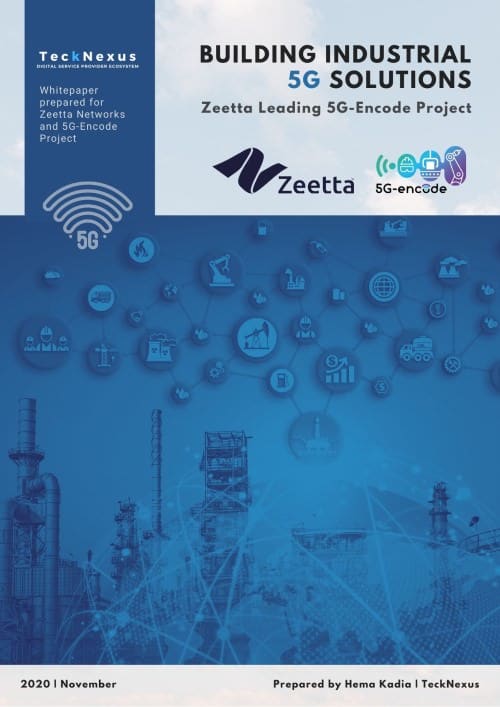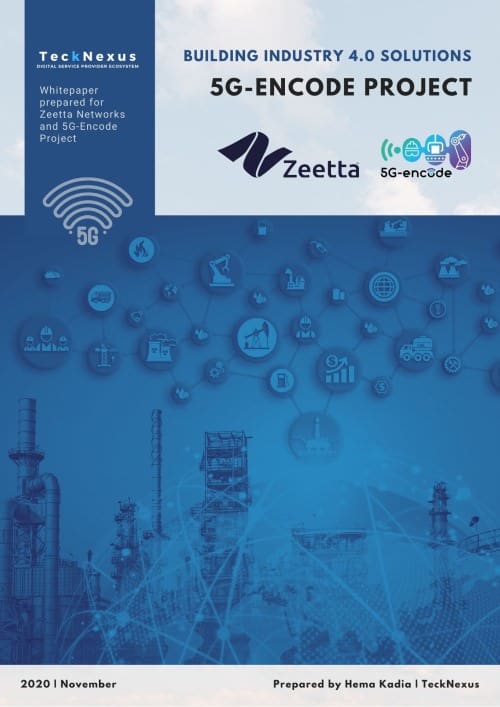Vodafone Business, a leading European enterprise provider of the UK operator Vodafone, announced they constructed Europe’s first hybrid private 5G network. The coverage stretches over 700 hectares and allows secure LTE and 5G connectivity from both public and private networks on one site. This groundbreaking development brings unparalleled scale to users looking for reliable mobile data connections in their area.
Porsche, owned by Volkswagen, recently announced the deployment of their 5G network at the Nardò Technical Center (NTC), situated in southern Italy’s Apulian region. This vast location has around 20 tracks for testing vehicles and covers 700 hectares – an area equaling seven million square meters. To put that into perspective, Nokia previously revealed “Europe’s biggest industrial private 5G network,” however, Porsche’s property outweighs it significantly if you look at the comparison side-by-side.
These are not perfectly equal 5G installations. One is all private edge, while the other is a 50/50 blend between private infrastructure and the public network (which Vodafone does not own in France). It’s still unclear how much of the NTC site is covered by private cellular, but it must be completely covered by both public and private networks. Additionally, one has to ask if this 5G installation at the NTC site can truly fall under “industrial,” as mentioned with the ASN project?
The NTC proving ground is an invaluable asset for the global automotive industry, aiding in the development and validation of cutting-edge intelligent and connected vehicles. The LTE/5G setup facilitates vehicle-to-infrastructure communication, as well as vehicle-to-vehicle features – both essential to industrial 5G projects. Highly automated driving functions and fully automated vehicles are also possible with this technology, a remarkable concept that deserves closer consideration.
By utilizing the private 5G edge part of their new hybrid infra-combo, Porsche Engineering is able to provide its automotive customers with a “real-time communication network” that offers optimized performance in areas such as security and reliability. Moreover, the public side of this infrastructure will enable local citizens access to faster 5G networks – displaying how new technologies can benefit everyone involved. This unique combination promises reduced delays, wider bandwidths, and much quicker deployment times overall.
It appears that NTC could maximize the benefits of a local 5G expansion for customer-oriented, data-heavy applications. The phrase ‘hybrid’ probably relates to a shared core server between private access networks and RAN systems based onsite. Vodafone mentioned this project as part of their collaboration with Porsche Group, which acquired the site in 2012; they previously installed standalone 5G services at a development center in Weissach, Germany, last year.
In 2019, the NTC’s main 12.6-kilometer track underwent a renovation to include fiber optic technology for “rapid data transfer and correct road indicators that validate self-driving”. Porsche hired Ericsson for one of its first private 5G networks in Leipzig, Germany, which was facilitated by an enterprise 5G permit from German regulator BNetzA within the 3.7-3.8 GHz ‘vertical’ spectrum band. Unfortunately, there is no current information about what company will be partnering with them on this new project at the NTC yet.
Peter Schafer, CEO of Porsche Engineering, expressed his commitment to driving technologies forward so that customers can meet the demands of tomorrow’s mobility. The new 5G network provided by NTC offers its patrons an improved infrastructure for developing and testing autonomous vehicles with intelligent connectivity.
Vinod Kumar, CEO of Vodafone Business, highlighted the potential for private 5G networks to revolutionize businesses. He stated, “Private 5G networks can open up possibilities and enable companies to rethink their operations. In Nardo, private 5G is enabling a space that looks like an actual smart city with consistent coverage both onsite and off-site – paving the way for applications that will completely transform transportation and mobility.”























